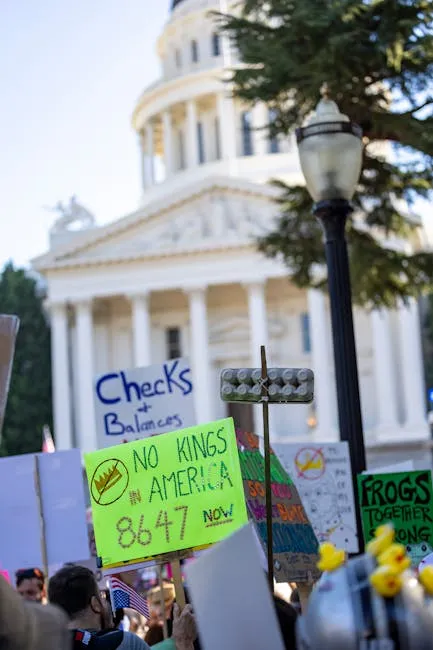
California’s SB 822: A Landmark Decision for Crypto Consumer Rights
In a significant move for the cryptocurrency landscape, California has enacted Senate Bill 822 (SB 822), marking a pivotal shift in the relationship between cash and digital assets. This legislation aims to bolster consumer rights by addressing the contentious issue of unclaimed cryptocurrency. Here’s a closer look at what this bill entails and why it matters for crypto holders.
Understanding SB 822
SB 822 introduces a crucial change: it prohibits the forced sell-off of cryptocurrency by the state when individuals fail to claim their digital assets. Instead, the bill mandates that unclaimed crypto must be transferred in-kind to the state. This means that instead of liquidating these assets, which could result in significant losses for the holders, the state is required to hold the actual cryptocurrency until the rightful owner comes forward.
Protecting Consumer Interests
The primary aim of this legislation is to enhance consumer protection in the rapidly evolving world of cryptocurrency. Many individuals are still coming to terms with the complexities of digital assets, and the fear of losing their investments due to unclaimed asset laws has been a pressing concern. By preventing forced sell-offs, SB 822 not only safeguards the value of these assets but also encourages a more responsible approach to crypto ownership.
Why This Matters
The implications of SB 822 extend beyond California. As one of the largest and most influential economies in the United States, California often sets trends that other states follow. This legislation could inspire similar measures across the country, fostering a more favorable environment for cryptocurrency holders nationwide. It also highlights the importance of regulatory frameworks that adapt to the unique characteristics of digital assets.
The Broader Impact on the Crypto Market
As the cryptocurrency market continues to mature, legislation like SB 822 is crucial for building trust among consumers. By ensuring that individuals retain control over their assets, the bill could help mitigate fears surrounding cryptocurrency ownership and encourage broader participation in the market. This could ultimately lead to increased investment and innovation within the crypto space.
Conclusion
California’s SB 822 is a landmark decision that draws a clear line between traditional cash assets and cryptocurrencies. By empowering consumers and protecting their rights, this legislation not only enhances the credibility of the crypto market but also sets a precedent for future regulations. As we watch how this bill influences the landscape, it’s evident that consumer rights will play a crucial role in shaping the future of cryptocurrency.



